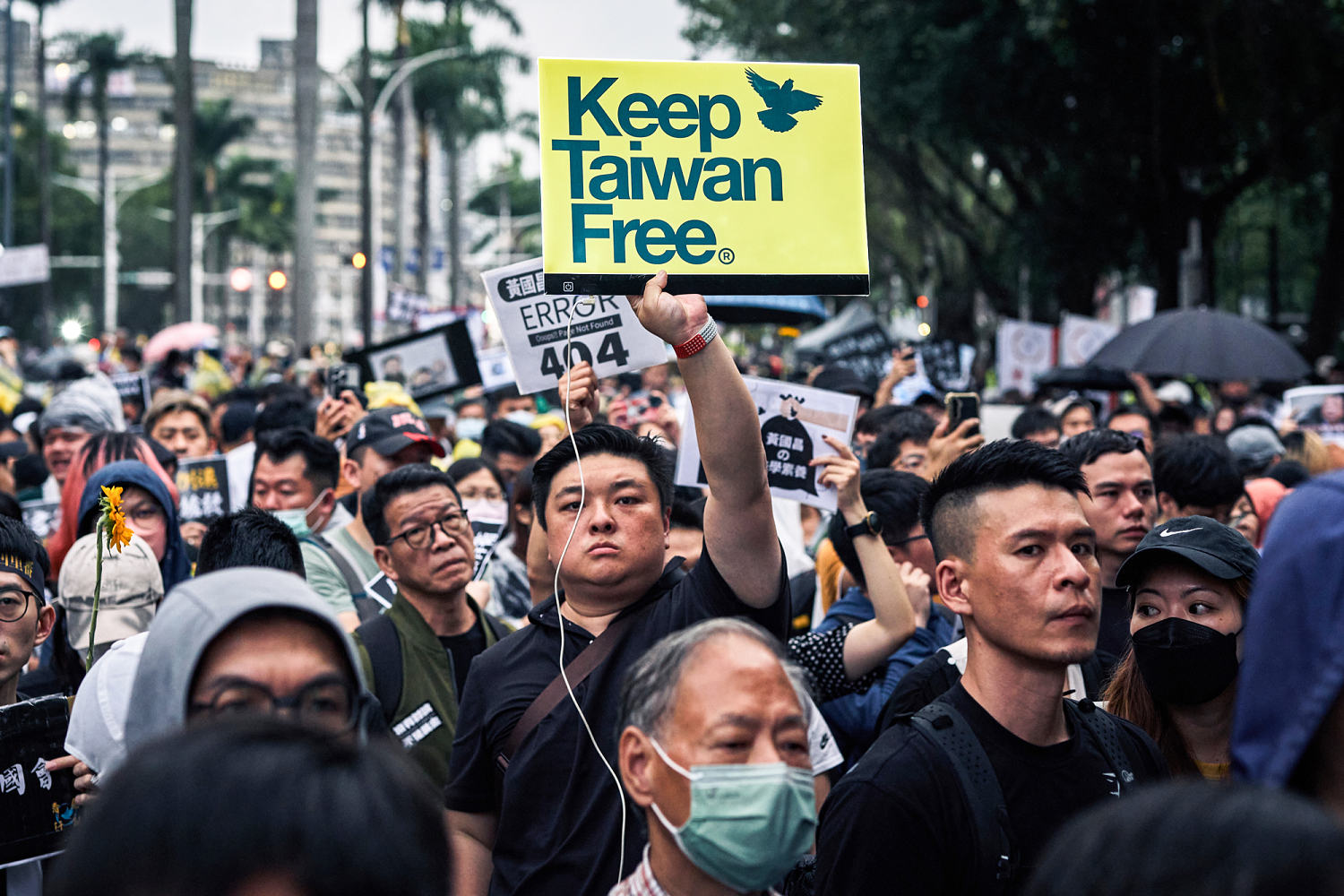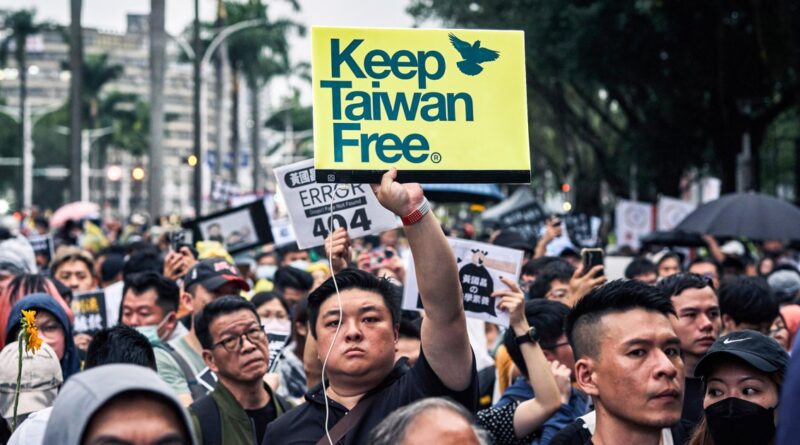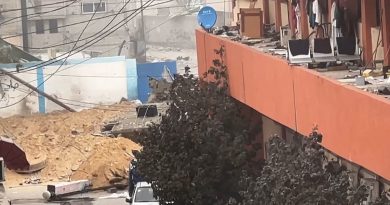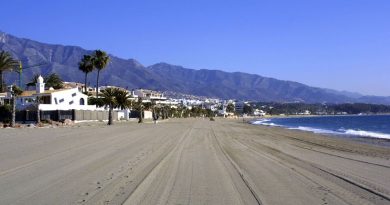U.S. lawmakers’ message for Taiwan amid political turmoil: ‘Democracy is messy’

TAIPEI, Taiwan — It was a message delivered in blunt terms.
“Democracy is messy. Democracy can be hard, but it is far better to have a messy democracy than to be controlled by an authoritarian,” Sen. Tammy Duckworth, D-Ill., told NBC News on Wednesday during a two-day visit to Taiwan.
She and three other U.S. senators arrived on the Beijing-claimed island in the midst of domestic political turmoil, as the executive cabinet said it would reject parliamentary reforms passed by the opposition-controlled legislature that are seen as favoring China.
The delegation led by Duckworth and Sen. Dan Sullivan, R-Alaska, also includes Sens. Chris Coons, D-Del., and Laphonza Butler, D-Calif. They are the second bipartisan group of U.S. lawmakers to arrive in Taiwan this week, after a delegation of six House lawmakers led by Rep. Michael McCaul, R-Texas, chairman of the House Foreign Affairs Committee, that arrived on Sunday.
The House lawmakers were the first group of current U.S. officials to meet with Taiwan’s new president, Lai Ching-te, a former vice president Beijing labels a “separatist.”
Even as China held military drills around Taiwan in recent days in response to Lai’s inauguration on May 20, the island has been focused more on the proposed changes, which increase oversight of the government. The reforms, approved on Tuesday, give lawmakers greater power to control budgets, including defense spending that had been blocked by the opposition party Kuomintang (KMT), which officially backs unification with China.
Taiwan’s ruling Democratic Progressive Party (DPP), which lost its majority in the legislature in the January election, opposed the changes, saying they expand parliamentary authority at the expense of the president and were pushed through without proper consultation. In a statement on Tuesday, the executive cabinet said the changes might be in violation of the constitution and that it would send them back to the legislature for review.
The dispute has led tens of thousands of protesters to gather outside the legislature and set off physical fights among lawmakers in the chamber, which was filled with banners from both sides on Tuesday.
Rep. Andy Barr, R-Ky., a member of the House delegation, said the heated politics were “the product of a free society.”
“This is not a sign of weakness, it is a sign of strength,” he said. “It is a sign of a mature, multiparty democracy that is seeking checks and balances.”
Though the United States does not have formal relations with Taiwan, it is the island’s most important international backer and arms supplier. U.S. lawmakers regularly travel to Taiwan over the objections of Beijing, which views such visits as provocative and a violation of Washington’s longstanding one-China policy.
The lawmakers’ visits come days after China, which has not ruled out the use of force in unifying with Taiwan, conducted two days of “punishment” drills around the island in response to Lai’s inauguration speech, in which he urged Beijing to cease its threats and “face the reality” of Taiwan’s existence.
Though Lai favors maintaining the status quo — neither formally declaring independence nor becoming part of China — Beijing has rebuffed his offers of talks.
China’s joint military exercises were held Thursday and Friday in the Taiwan Strait and around groups of Taiwan-controlled islands near the Chinese coast, leading Taiwan’s military to mobilize its own forces.
Tsai Ming-yen, director-general of Taiwan’s National Security Bureau, told reporters on Wednesday that the aim of China’s drills was “to intimidate Taiwan, rather than initiate a war.”
China’s Taiwan Affairs Office said Wednesday that the drills were “a just action to defend national sovereignty and territorial integrity.” Spokesperson Zhu Fenglian criticized Lai over his stance on Taiwan and said such military actions would not cease “as long as the provocation for ‘Taiwan independence’ continues.”
Though Lai’s victory in the January election secured the DPP an unprecedented third consecutive presidential term, the party lost its majority in the legislature, constraining his policy agenda.
No party has a majority on its own, but the KMT won the most seats and passed the parliamentary reforms with the help of the small Taiwan People’s Party.
The changes expand the legislature’s investigative powers, require the president to report regularly to lawmakers and answer questions from them, and criminalize contempt of parliament by government officials.
The KMT says the changes are necessary to improve government accountability. It denies being pro-Beijing and says claims that it is acting at the behest of China are groundless and politically motivated.
Duckworth said that in her meetings with Taiwan lawmakers from different parties, they clearly understood “that they have to come together and work with each other” in the face of the threat from China, which has stepped up pressure on the island in recent years.
She said a similar unity was on display when Congress approved almost $2 billion in military aid for Taiwan last month.
“I think it’s clear, to at least the members of Congress, how important this region of the world is for America’s national security,” she said.




